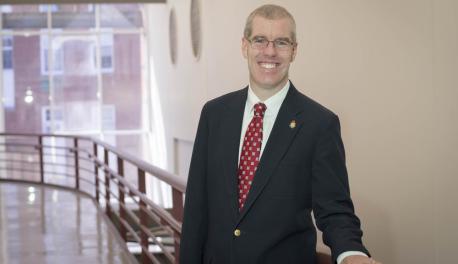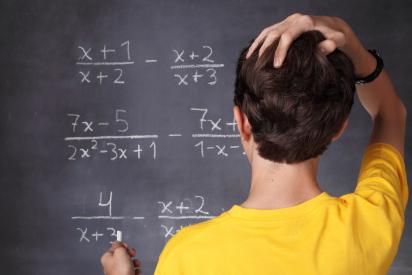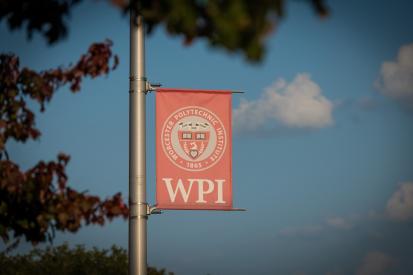Learning Sciences & Technologies
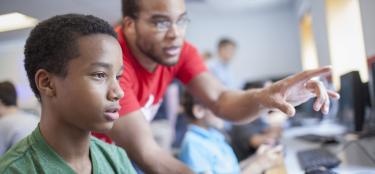
WPI’s Learning Sciences & Technologies Master's and Ph.D. program gives students and their teachers in K-12 schools the tools and techniques to make STEM (science, technology, engineering, and mathematics) education more effective.
Our world-renowned faculty work collaboratively with WPI students to use a scientific and social approach that blends technology, psychology, cognition, and education practices to reach K-12 students in real classrooms and have them think about subjects in a new way. Our research identifies techniques that measure and reflect individual learning styles and help us understand how students learn, given various social, emotional, cultural, and scientific influences.
The revolution we seek is global—elevating U.S. students’ competitive edge in a connected world. Getting there requires applying what we understand about learning to transform the current U.S. educational system, classroom by classroom.
| Area of Study Filter by: | BS/MS | Master | PhD | |||
|---|---|---|---|---|---|---|
| Learning Sciences & Technologies | master | phd | ||||
| This degree is eligible for a dual bachelor + master option. Learn More | ||||||
Admissions Information
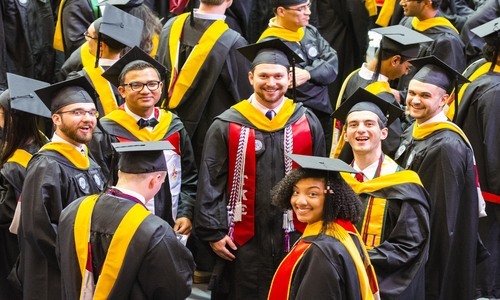
Advance with the BS/MS Dual Degree Program
Fast-track your education and career with the BS/MS program by earning a dual degree―an accelerated academic pathway to both a bachelor’s degree and a master’s degree. Saving both time and money while building advanced knowledge and skills could help you stand out in today’s competitive job market. Discover more about the BS/MS program and your options to earn a BS/MS dual degree at the links below.
LS&T Course Information
Programmatic courses we recommend for Spring 2026 & Fall 2027
-
Spring 2026
- MA511: Introduction to Statistics (Prof. Adam Sales)
- PSY504: Motivation, Metacognition, and Affect (Prof. Stacy Shaw)
- CS541: Deep Learning (Prof. Jacob Whitehill)
-
Fall 2026
- CS525: Special Topics: Online Learning Infrastructure (Prof. Neil Heffernan)
- TBD
- TBD
Additional Courses of Interest for LST Students
A student can always petition the department for permission to satisfy the program requirements in alternative ways. For instance, we have had graduate students take CS1005 to learn Python and also do some extra project work applying writing a python program to reform learning science data sets. The program looks kindly upon students who want to challenge themselves by learning programming skills, and recognizes there are not many good "on-ramps" to CS courses.
ASSISTments
ASSISTments a free web-based intelligent tutoring system was developed by a team led by Neil Heffernan, director of WPI’s Learning Sciences & Technologies program. This innovative technology uses many approaches to help students learn and help teachers assess student progress. A recent four-year study showed that completing mathematics homework using ASSISTments improved learning by 75 percent over normal gains. The study, by SRI International, was conducted with 7th and 8th grade students in Maine. Watch this video or read more to learn how this technology improved learning outcomes.
See How Graspable Math Works
Professor Erin Ottmar helped create Graspable Math, an online tool to help researchers understand how children learn about math. With that new understanding, researchers can help educators teach math in a way that will be more useful and efficient for everyone in the classroom. Students can explore their genuine curiosity, even learning to play with math equations, while gaining flexibility in their thinking about math. Watch this video to hear Professor Ottmar explain how her research improves learning.

Insider: Avery Harrison ’19
Avery Harrison has an MS in LS&T in ’19, and is on a track to a PhD in ’22. Learn about her journey in the WPI Journal’s Insider page.
More from WPI's Alumni Magazine
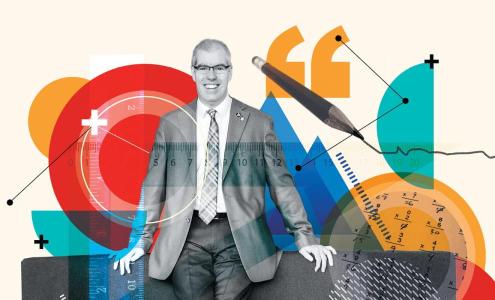
Online Math Help That Works
ASSISTments, a free educational platform developed by WPI researchers, uses immediate feedback to improve learning outcomes.
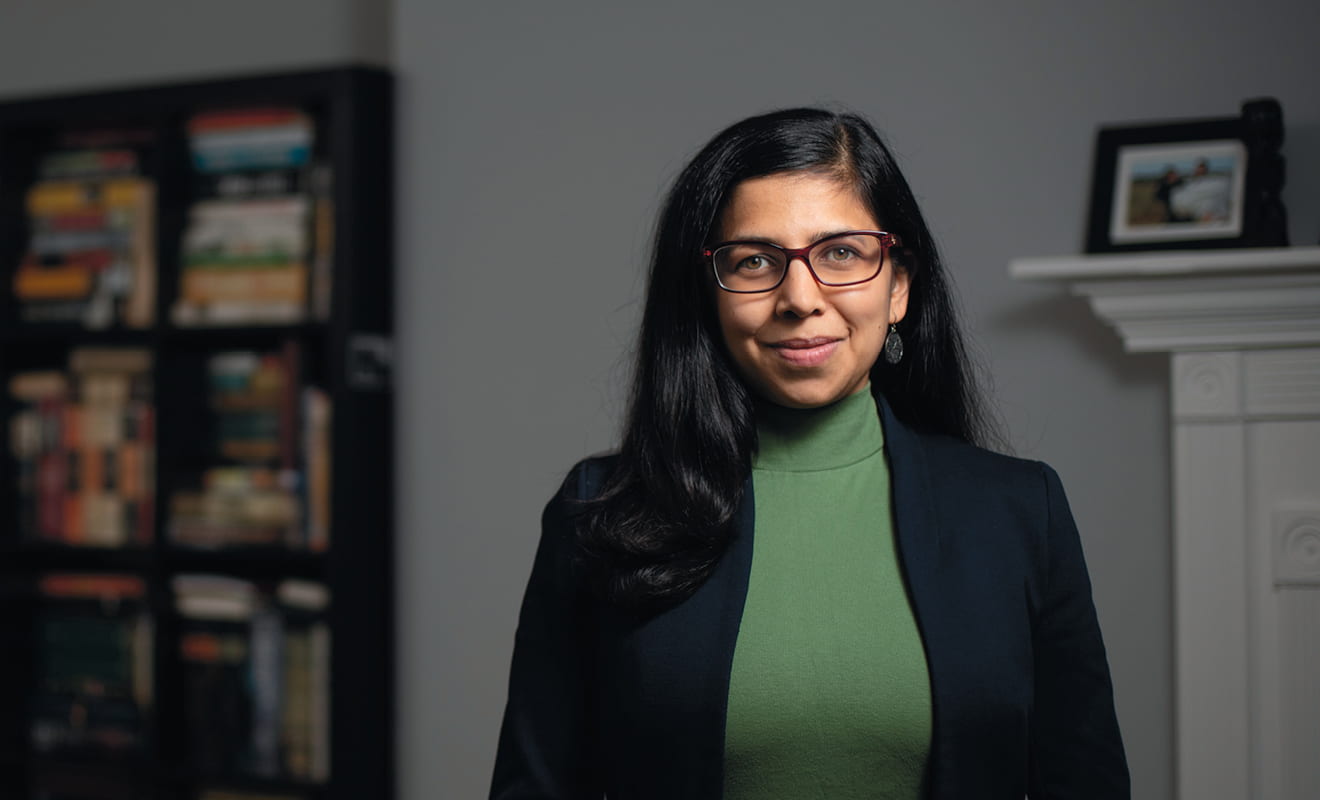
Manasi Vartak '10
Manasi Vartak '10 founded Verta to help companies build AI-enabled products faster than ever.
STEM FOR ALL VIDEO SHOWCASE: RESEARCH & DESIGN FOR IMPACT
171 NSF and other Federally funded projects share three-minute videos of their innovative work to improve STEM and CS teaching and learning. During the week of May 15th - May 22nd, we invite you to:
- Browse short videos highlighting 171 STEM education initiatives. Use the filters to find those of interest.
- Join the conversation by posting to the discussion related to each video that you view.
- Vote for your favorite videos by casting a Public Choice Vote. Spread the word!
Stem for All website: http://stemforall2017.videohall.com/. Additional showcase videos:
Career Outlook
The rapidly growing educational technology field is looking for employees with the kind of technical and real classroom experience WPI graduates have. Students often move into consulting or academic roles or launch entrepreneurial start-ups.
